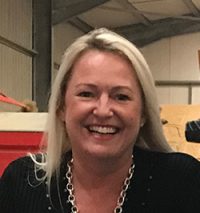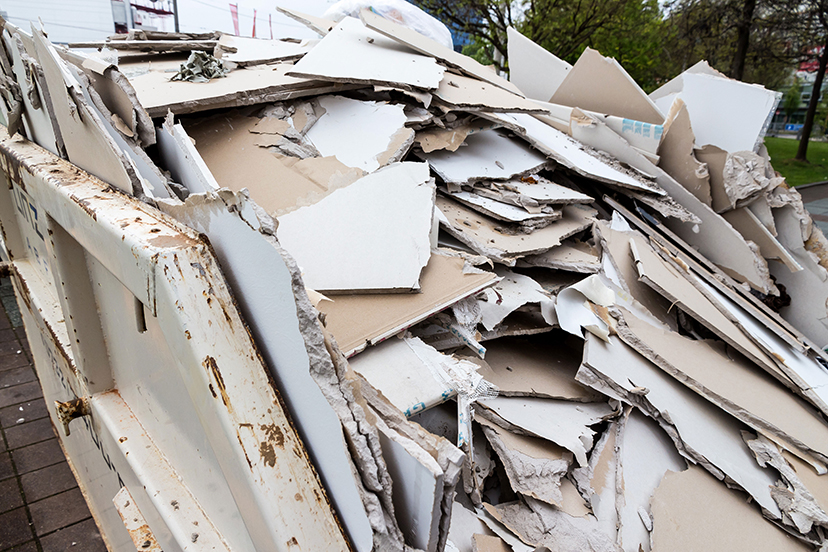Sponsored article
Published on behalf of Encore Environment
THE LATEST UK statistics on waste report that of the 222.2 million tonnes of waste created in the UK, 62% can be attributed to the construction, demolition and excavation industry making it one of the biggest contributors of waste.
A recovery rate of 92.3% of unused materials shows that there is a real emphasis on lessening the impact on the environment. But it is still not enough.
Tackling the accumulation of waste and how best to manage it has been a primary focus for Northampton-based Encore Environment, a waste management and environmental consultancy working with some of the largest names in construction. Its strategy encourages early intervention at the design stage, waste management planning and building strong connections with the construction supply chain.
Encore is working with partners across the construction industry to implement Take Back schemes that prioritise the recovery and reuse of construction materials and products.
Recently, Knauf UK and Ireland announced its partnership with Encore Environment to deliver an enhanced waste management service to reduce plasterboard waste. The landmark scheme moves towards a circular economy by taking waste plasterboard and reintroducing it to the local supply chain.
According to the Waste and Resources Action Programme, plasterboard can make up to a third of all waste from a fit-out. However, it is classed as hazardous waste because of the gas it emits when decomposing and when mixed with other waste materials. It has been banned from landfill so managing this type of waste correctly is critical.

Through the Knauf Take Back Scheme, plasterboard is kept within the circular economy and managed by specialist services. Contractors that use Knauf products can connect to local and vetted recycling companies via Encore Environment’s nationwide network. ‘Dedicated’ skips for the plasterboard are sent to their site and, once filled, are collected and brought to specialised local centres. It is broken down locally and gets distributed back to plasterboard reprocessers. Then manufacturers purchase new board from them.
Encore Environment’s managing director Rachel Rowley said: “Through partnerships with like-minded companies like Knauf that prioritise sustainability, we can impart our expertise so decisions around the recovery and reuse of waste or surplus materials can be made early, which later in the process impacts waste reduction.
“Importantly, users of the Take Back Scheme can substantiate their sustainability claims through our detailed waste output report which includes carbon data, waste tracking and can highlight waste hot spots to design out waste in the future.”
Take Back schemes are positioned above recycling and recovery in the waste hierarchy so innovating options for construction waste that close the loop at this higher level offers numerous environmental, economic and social benefits that go beyond the limitations of traditional recycling and recovery methods.
Encore Environment has Take Back trials planned for Personal Protective Equipment recycling and carpet tiles over the coming months.





